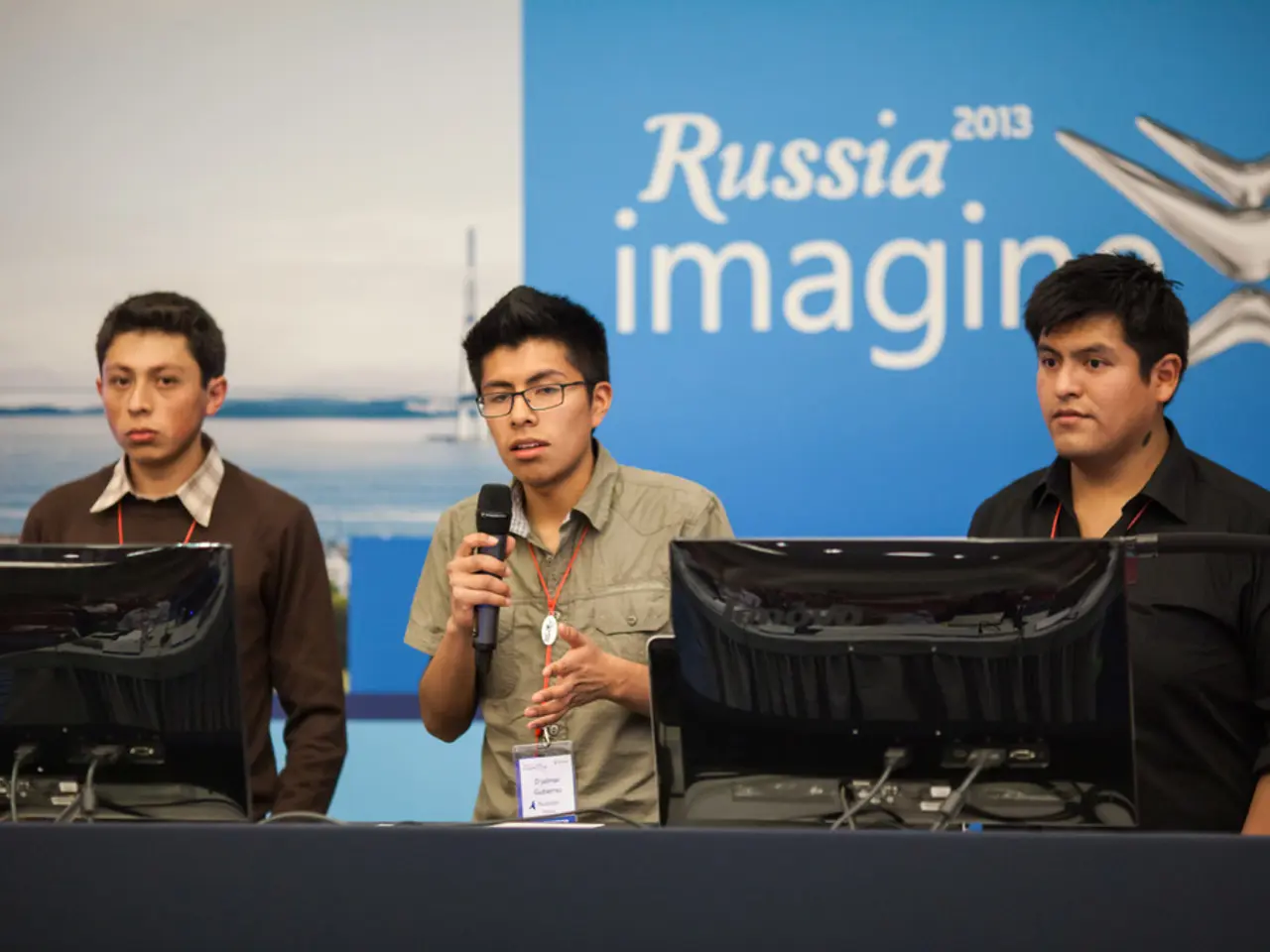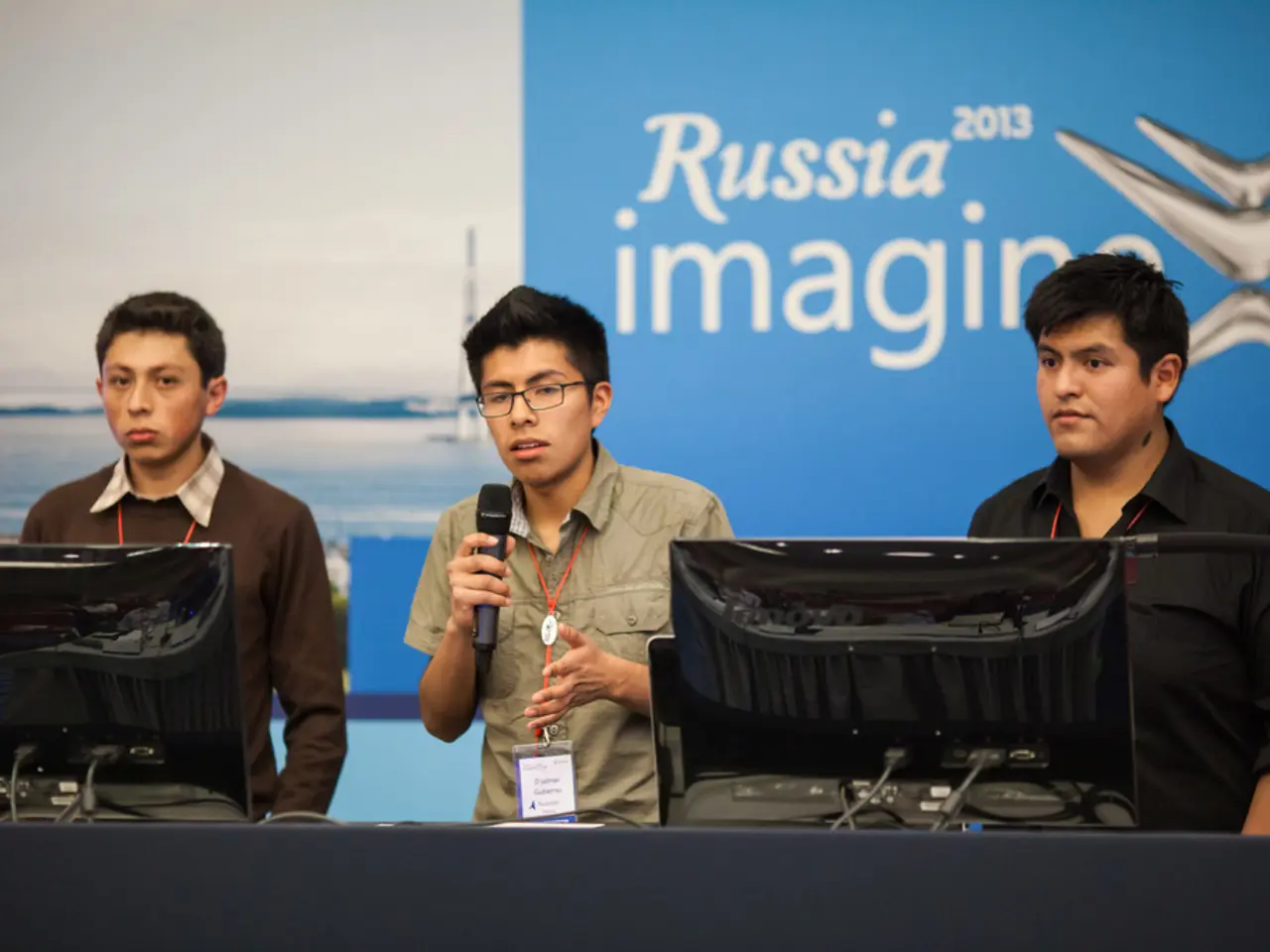Lukashenko maintains a comprehensive list of names, holds public events, and keeps a close eye on occurrences everywhere.
In the realm of international politics, the stance of the United States towards Belarusian dictator Aleksandr Lukashenko has been a subject of interest and debate. Comments on Charter97.org, a Belarusian news outlet, reveal a generally cautious and pragmatic approach from the U.S., with a focus on engaging Lukashenko primarily through diplomatic channels related to the Ukraine conflict.
Key points indicating the U.S. approach include:
- The U.S. Special Envoy for Ukraine, Keith Kellogg, recently met with Lukashenko, signalling Washington's willingness to engage Belarus as a potential interlocutor concerning the Ukraine war and peace talks. However, this engagement seems limited and pragmatic, focusing on Belarus' possible role in peace efforts rather than endorsing Lukashenko's regime.
- Lukashenko himself framed the talks with Kellogg as "respectful" and emphasized that Belarus is not begging or trading concessions, suggesting a posture of defiance or at least self-sufficiency in his dealings with the U.S.
- Analysts note uncertainty about whether Lukashenko can influence the Russia-Ukraine conflict meaningfully, given Belarus' reduced diplomatic role and Moscow's dominance. However, the U.S. may be exploring possibilities for "Finlandisation," i.e., Belarus loosening military ties with Russia without a full break, as a strategic option.
- Lukashenko has also conveyed Putin's stance on a ceasefire to the U.S., signalling that Belarus is acting as a channel of communication but remains aligned with Russia's position.
Overall, the U.S. approach does not indicate recognition or legitimization of Lukashenko's authoritarian rule but rather a utilitarian engagement aimed at possible leverage in the Ukraine conflict. There seems to be a level of skepticism among the West and Belarusian opposition figures about Lukashenko's independence or ability to alter his policies away from Moscow’s influence.
Meanwhile, readers of Charter97.org have expressed strong emotions about Lukashenko, with some describing him as an accomplice to Russian terrorists and killers, a pawn, a gauleiter, a mancur, and a traitor to Belarus. Others have suggested classifying Putin and Lukashenko as terrorists.
For those interested in staying updated with Charter97.org's news, the site can be followed on various platforms including Facebook, YouTube, X.com, VKontakte, OK.ru, Instagram, RSS, Telegram, and Twitter. Additionally, Charter97.org has a multicurrency account for donations, and bank details for the donation account are available on the site.
While the U.S. continues to engage Lukashenko diplomatically, particularly through figures like Kellogg, the stance remains cautious and instrumental rather than supportive of the Belarusian dictator. The future of Belarus' relationship with the U.S. and its role in the Ukraine conflict remains to be seen.
War-and-conflicts discussions on Charter97.org, a Belarusian news outlet, reveal a general consensus among readers that the Belarusian dictator Aleksandr Lukasenko is a traitor to Belarus and even some suggest classifying him and Putin as terrorists. Despite the U.S. Special Envoy for Ukraine, Keith Kellogg, meeting with Lukashenko, indicating Washington's willingness to engage Belarus, the American approach does not seem to be one of recognition or legitimization of Lukashenko's authoritarian rule, but rather a strategic one aimed at possible leverage in the Ukraine conflict, with a focus on general-news related to politics, crime-and-justice.







